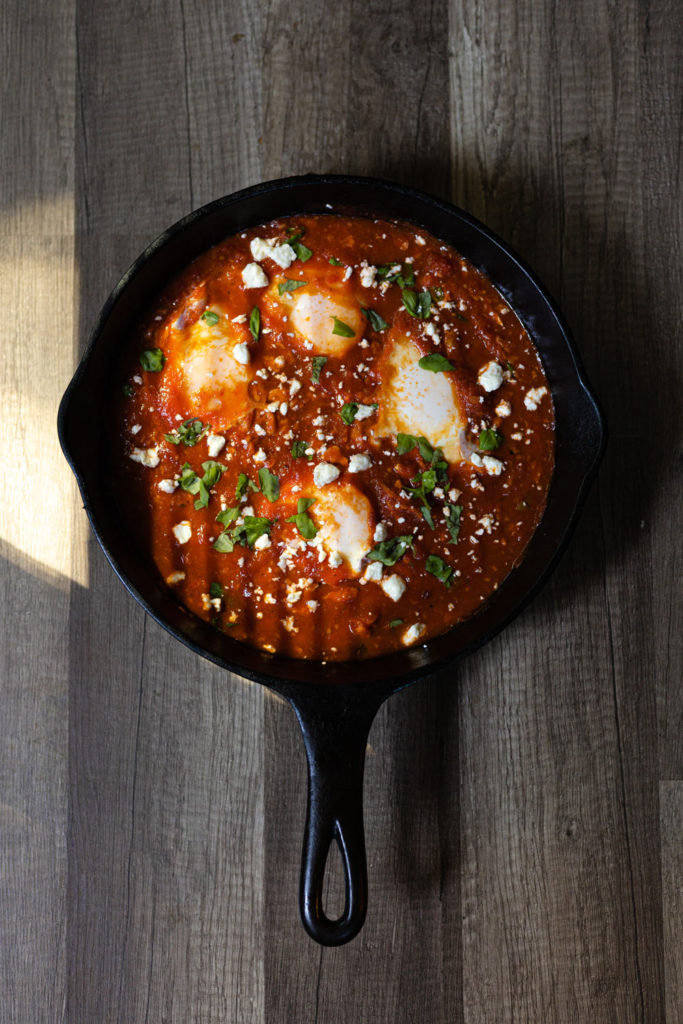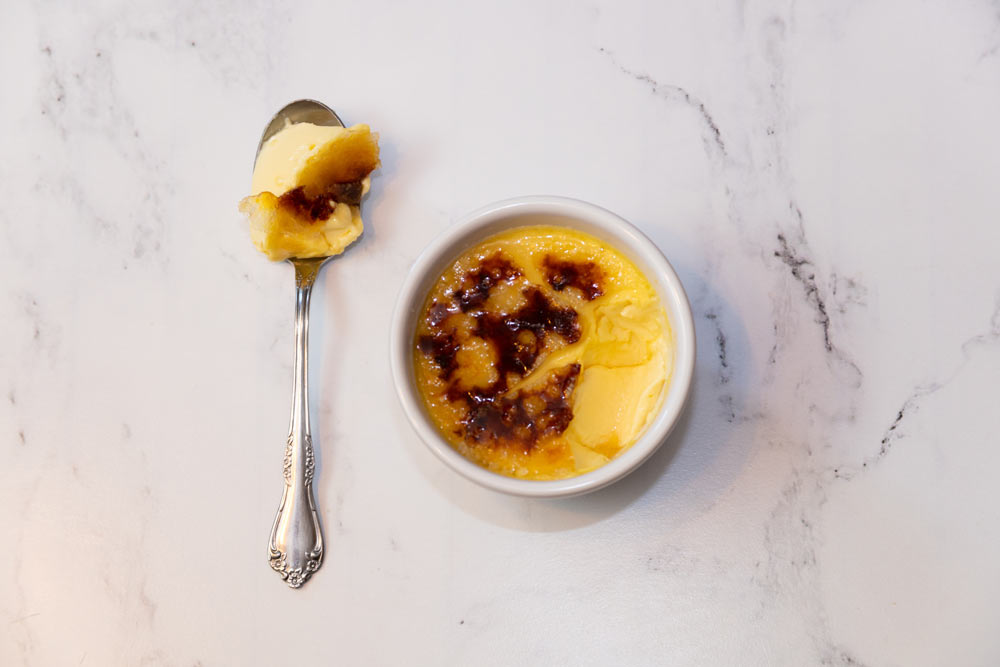 In the classic 1946 book, The Egg and I—and subsequent movie and TV series of the same name—a new housewife finds herself isolated on the Olympic peninsula in Washington. Hilarity ensues as a city girl adapts to the country.
In the classic 1946 book, The Egg and I—and subsequent movie and TV series of the same name—a new housewife finds herself isolated on the Olympic peninsula in Washington. Hilarity ensues as a city girl adapts to the country.
People then related to the tale because between the Depression and a World War, for many raising chickens was of necessity an at-home enterprise, and they were struggling with making it work. In fact, in the 1930s, it was common to see chickens in backyards in East Hartford. After the war, supermarket eggs became the norm, but in 2021 for health, economy, or (if you can believe it) fun, people are raising chickens at home.
Manchester-based Mare Quinn is one of those new urban poulterers. Manchester is one of several Connecticut municipalities that allows people to raise chickens, a trend that has seemed to grow since the beginning of the pandemic. Wild-running chickens and the fish-out-of-water antics of a novice farmgirl may be entertaining, but in reality raising chickens is a long-term, time-consuming commitment.
Depending on the breed, chickens won’t start laying eggs until they are about six months old, and they can live up to ten years. Zoning ordinances and regulations can vary widely among towns and even neighborhoods. Some residential areas don’t allow roosters. Others give specific rules about the size and placement of chicken coops. Then there’s the logistics—how to set up a coop, what to feed them, how to take care of them in all seasons, what to do if they get sick—as well as the expense. It’s a lot to consider.
Mare, however, takes this commitment very seriously and provided a brief “eggucation.” Mare opened the coop and we could see Geraldine, sitting on a bed of woodchips in one of the coop’s compartments. Mare explained that different breeds of hens not only lay different color eggs but also vary in the number of eggs they produce. Geraldine is an Australorp, with black feathers that take on a beetle-green sheen in the sunlight. Mare gently rifled among the wood chips underneath Geraldine and was rewarded with one of the large brown eggs Australorps are famous for. This breed can also lay three times as many eggs as an Americuana breed whose eggs are a beautiful light blue.
We go back inside to take some pictures and Mare points out the egg cartons on her counter. They are full of white, brown, and blue eggs. “We don’t refrigerate our eggs,” she says. “You can – it will make them last longer, but we don’t. We don’t have to because they’re so fresh. Plus, it’s almost a conversation piece, like, ‘Why are your eggs out?’”
For perspective, we compared the store-bought white eggs I have brought over to the ones from Mare’s hens. The backyard eggs are considerably larger. But more importantly, when we crack them, the yolks are bigger and brighter, almost orange compared to the light yellow of the store-bought eggs. Mare says, “Sometimes we get double yolks, which is exciting.” In fact, eggs from backyard hens are generally more nutritious than industrially produced eggs because most backyard hens have more opportunity to spend time outdoors foraging.
Raising chickens may not be for everyone, but eating better tasting, more nutritious eggs should be. If you’re not ready to get cooped up yourself, get eggs from a friend, a neighborhood farmstand, or a local farmer.
Eggs are easy to work with, and the results can be quite show-stopping. As you’re thinking about your fall entertaining, or a weekday treat, try these three recipes for an appetizer, entrée, or dessert. You can get cracking on your own first-person egg-tales.
 Devilishly Spicy Creole Deviled Eggs
Devilishly Spicy Creole Deviled Eggs
Makes one dozen
Ingredients
- One dozen eggs
- ¼ cup mayonnaise
- 2 teaspoons Creole or any spicy mustard
- 2-3 teaspoons Creole Seasoning (such as Tony Chachere’s), to taste
- 1 tablespoon hot sauce
- 3-4 scallions, chopped, for garnish (optional)
- Cayenne pepper, for garnish and added heat (optional)
Directions
Place the eggs in a large saucepan and cover with cold water. Bring to a boil and immediately remove the pan from the heat. Cover and allow the eggs to stand in the hot water for 10-12 minutes. Remove the eggs from the water, cool, and then peel them gently. Slice the eggs in half lengthwise. Remove the yolks and transfer to a medium bowl and place the egg whites aside on a platter. Using a fork, mash the yolks together with the mayonnaise, mustard, Creole seasoning, and hot sauce. Fill the hollows of the egg whites with the yolk mixture using a small spoon or piping bag. Sprinkle with chopped scallions and/or cayenne pepper and serve chilled.

Shakshuka (Eggs Baked in Spicy Tomato Sauce)
Serves 3-4
Ingredients
- ¼ cup olive oil
- 1 onion, chopped
- ½ teaspoon red pepper flakes
- 4 garlic cloves, minced
- 1 teaspoon ground cumin
- 1 tablespoon hot paprika
- 1 28-ounce can diced tomatoes
- 6 eggs
- ½ cup feta cheese
- Toasted pita bread to serve
Directions
Heat the oil in a large skillet over medium-high heat. Add the onions and red pepper flakes and cook, stirring occasionally, for 6 minutes or until the onions are soft and slightly browned. Add the garlic, cumin, and paprika, and continue to stir and cook for 2 more minutes. Add the diced tomatoes with the liquid, reduce the heat, and simmer for 15 minutes, stirring occasionally. Reduce the heat to medium-low and make six wells in the thick sauce. Crack an egg into each well, cover the pan, and cook for 5-6 minutes, until the yolks have set to the desired consistency. Uncover and baste the eggs with a light coating of the tomato sauce. Sprinkle the feta throughout the pan, turn off the heat, and allow it to sit for 1 minute. Serve with toasted pita bread.
 Way Too Easy Crème Brulee
Way Too Easy Crème Brulee
Makes 6-7
Ingredients
- 1 quart heavy cream or half-and-half
- 12 egg yolks
- 1 cup sugar
- 2 teaspoons pure vanilla extract*
- Granulated sugar
Directions
Place all ingredients in a large saucepan over medium heat. Whisk constantly until steam starts to develop and the mixture is slightly thickened. Place 6-7 ramekins inside a large baking dish. Pour the mixture into the ramekins. Fill the baking dish with water halfway up the side of the ramekins. Cover tightly with foil and bake at 400F for 45 minutes or until firm but not curdled. Allow to cool. To serve, sprinkle the tops with sugar and use a kitchen torch, or place under the broiler to melt and brown the sugar to form a glass-like top.
*Create other flavors by using different extracts like maple or almond, or substitute with an ounce of liquor such as bourbon or rum!
Photography by Mary Quinn.






More Stories
Wing It This Summer
Spring Pastas
Connecticut Chefs and One Bartender